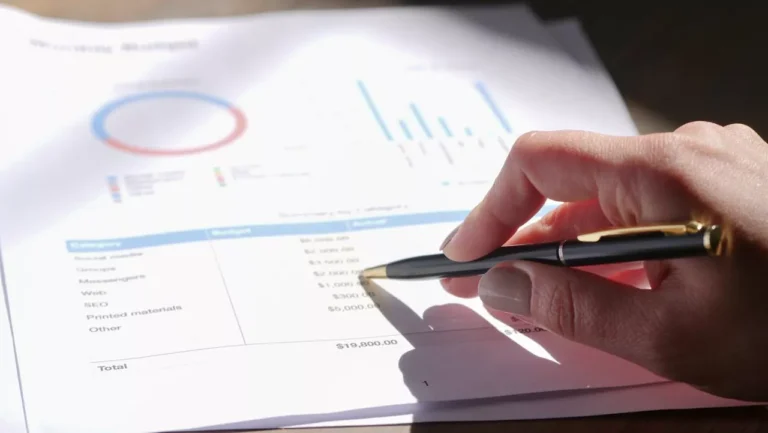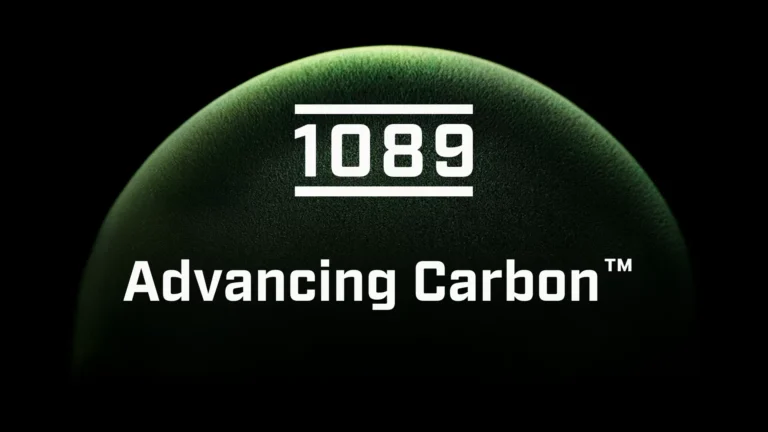
BKV Corporation Expands CCS Portfolio with New East Texas Project in Partnership with Leading Midstream Operator
BKV Corporation (NYSE: BKV), a key player in low-carbon energy solutions, has announced the execution of a new agreement with a prominent diversified midstream energy company to develop a carbon capture and sequestration (CCS) project at an active natural gas processing facility in East Texas. This new initiative represents an expansion of an earlier agreement between the same partners for a separate CCS project in South Texas.
The East Texas project marks a significant step forward in BKV’s growing CCS strategy. The facility will be co-located with an existing natural gas processing plant, streamlining integration and minimizing infrastructure needs. Operations are expected to commence in early 2027. Once operational, the project is anticipated to capture approximately 70,000 metric tons of carbon dioxide (CO₂) annually. The captured CO₂ will be delivered to BKV, compressed onsite, and permanently stored underground through a nearby Class II injection well that BKV already operates.
This strategic location removes the need for long-distance, high-pressure pipelines by leveraging the on-site injection well, reducing both project complexity and cost. The ownership of the East Texas CCS facility will remain with BKV, although there is a possibility it may later be transferred to BKV’s newly announced joint venture (JV) with Copenhagen Infrastructure Partners (CIP), a global leader in sustainable infrastructure investment.
Chris Kalnin, CEO of BKV, emphasized the strategic value of this partnership expansion:
“Deepening our relationships with key partners demonstrates their confidence in our technical and operating expertise in developing and scaling carbon capture, utilization, and sequestration projects. As demand for low-carbon energy solutions continues to grow, we are pleased to expand our existing business relationship with one of the largest midstream providers in the United States.”
This East Texas CCS development joins BKV’s growing carbon management portfolio, reflecting the company’s commitment to climate-conscious energy innovation. BKV currently operates a CCS facility at its Barnett Zero site in North Texas, which became operational in 2023. The company is also actively progressing with two additional CCS projects:
- South Texas CCS Project: Previously announced in partnership with the same midstream operator involved in the East Texas project, this initiative is being developed concurrently and is expected to provide similar carbon sequestration capabilities in a different strategic region of Texas.
- Cotton Cove CCS Project: Located in the Permian Basin, this project has reached Final Investment Decision (FID) and remains on track for operational launch in the first half of 2027. Once active, Cotton Cove will significantly increase BKV’s annual sequestration capacity and play a central role in its long-term carbon reduction strategy.
Broader Strategic Vision
BKV’s expanding CCS footprint underscores a deliberate push to integrate environmental stewardship with commercial performance. With pressure mounting from both regulators and investors to decarbonize, the oil and gas sector is turning increasingly to CCS technologies as a pragmatic path forward. For BKV, this approach supports its stated goal of becoming a leader in the transition to a net-zero future while maintaining its core strength in natural gas production and midstream partnerships.
Moreover, the potential transfer of CCS project assets into the JV with Copenhagen Infrastructure Partners offers BKV flexibility in capital deployment and risk-sharing. CIP brings deep financial backing and global experience in renewable energy infrastructure, which could help accelerate timelines and scale up operations more effectively across BKV’s project portfolio.
The co-location of CCS infrastructure with existing natural gas processing facilities is a hallmark of BKV’s execution strategy. This model allows the company to:
- Minimize capital expenditure by avoiding redundant infrastructure.
- Reduce permitting complexity by utilizing sites with existing industrial footprints.
- Accelerate timelines by deploying proven technologies in synergistic settings.
- Create replicable templates for future CCS projects across North America.
Industry Context and Momentum
The announcement comes at a time when the carbon management industry is gaining momentum, buoyed by supportive U.S. policy frameworks such as the Inflation Reduction Act (IRA) and enhancements to the 45Q tax credit. These incentives make CCS increasingly attractive, especially for projects that can deliver measurable emissions reductions in hard-to-abate sectors.
BKV’s leadership believes that its first-mover advantage in CCS, especially in regions like Texas with robust energy infrastructure and regulatory familiarity, positions the company to play a pivotal role in shaping the U.S. carbon management landscape.
Kalnin added, “We are not just building projects—we’re building a platform for scalable, sustainable growth in carbon management. Our focus is on practical, cost-effective solutions that deliver real-world emissions reductions while creating long-term value for stakeholders.”







